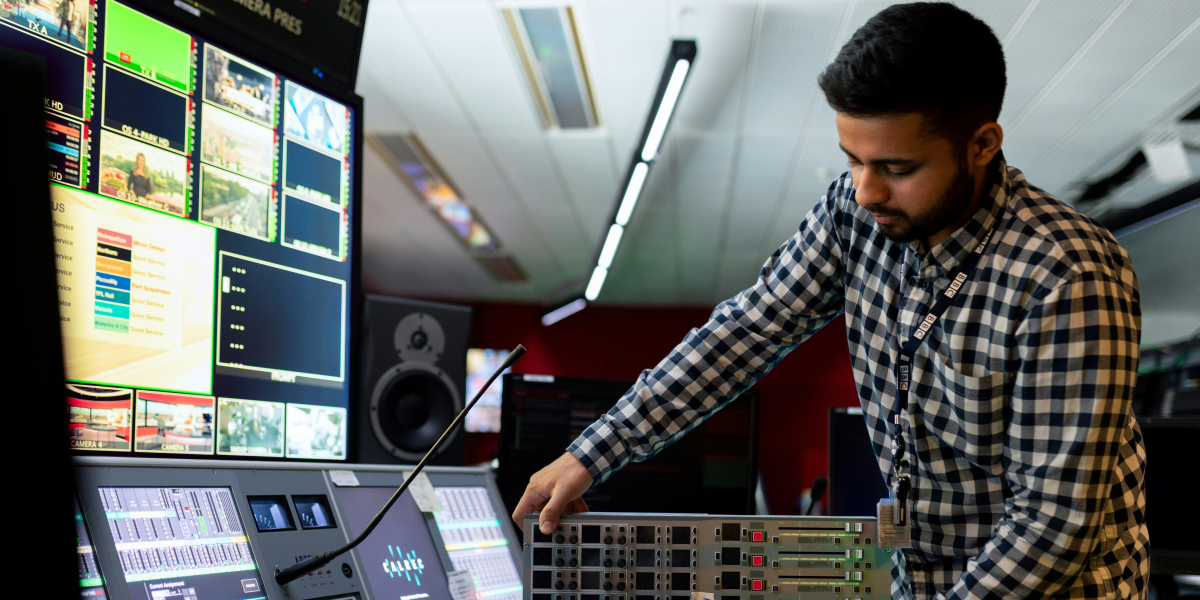While technology has driven incredible advancements, it has also introduced significant concerns. In recent years, issues such as surveillance, misinformation, and societal dependency on digital tools have highlighted technology’s potential risks. By examining these darker aspects, individuals can better understand the impact of modern technology on privacy, information integrity, and social behavior.
Surveillance and Privacy Concerns
One of the most pressing issues with modern technology is the prevalence of surveillance. As digital devices become more integrated into daily life, governments and corporations have unprecedented access to personal information. Through data collected from smartphones, social media platforms, and online browsing habits, these entities can track, analyze, and predict user behavior.
Surveillance technology is often justified as a means of enhancing security, deterring crime, and improving public services. However, collecting and using personal data raises ethical concerns regarding privacy and individual autonomy. Reports from respected organizations, like the Electronic Frontier Foundation, highlight how surveillance practices, without adequate oversight, threaten civil liberties. As data tracking becomes more pervasive, individuals risk losing control over their digital footprint.
The implementation of facial recognition software, for example, further intensifies these concerns. While used by law enforcement to identify suspects, the technology’s potential for misuse has sparked significant debates about privacy. Facial recognition inaccuracies have been documented, especially in identifying minority groups, which raises concerns about discrimination and wrongful arrests.
Propaganda and Misinformation in the Digital Age
The digital landscape has changed how information is disseminated, amplifying content’s speed and reach. Social media platforms, now primary news sources for millions, have become hotbeds for misinformation and propaganda. Unlike traditional media, which is regulated and edited, content on social media lacks uniform standards, making it easy for false information to spread.
Governments and other organizations have used digital platforms to push specific narratives, using targeted ads, fake accounts, and automated bots to influence public opinion. This method, often referred to as “information warfare,” is designed to sway public perception and can significantly impact elections, policy decisions, and social movements.
Misinformation online often appears in manipulated videos, false news stories, and conspiracy theories. Studies conducted by institutions like the Pew Research Center have shown that individuals usually struggle to differentiate between credible news and false content, which affects public understanding of important issues. As misinformation becomes increasingly prevalent, it complicates efforts to create an informed and aware society.
Psychological Impact of Constant Connectivity
Beyond privacy and information issues, technology impacts mental well-being, mainly through the pressure of constant connectivity. Smartphones and social media keep people engaged around the clock, which can lead to adverse effects on mental health, including increased anxiety, stress, and diminished focus. Psychologists and researchers, including those from the American Psychological Association, warn of the potential harm arising from compulsive digital device use.
Social media platforms, in particular, are designed to be highly engaging, using algorithms that prioritize content likely to keep users scrolling. This environment fosters a “fear of missing out” (FOMO) and a need to stay constantly updated, leading to addictive behaviors. Moreover, the curated, idealized images on social media contribute to unrealistic expectations, affecting self-esteem, especially among young users.
Studies have linked excessive screen time and social media use with symptoms of anxiety and depression, as people may feel isolated or inadequate when comparing themselves to others online. This impact on mental health reveals a concerning side of technology, where tools intended for connection may inadvertently lead to emotional distress.
Environmental Costs of Technological Advancements
The widespread production and use of technology also have significant environmental consequences. Manufacturing devices such as smartphones, computers, and servers require rare minerals and generates substantial electronic waste. Mining, processing, and disposal of these materials contribute to pollution and resource depletion.
Additionally, the energy demands of large tech companies, particularly those managing data centers for cloud storage, have a notable carbon footprint. While some companies have committed to renewable energy solutions, the exponential growth of data consumption places ongoing pressure on global energy resources. According to environmental studies, technology-related industries account for increasing greenhouse gas emissions, underscoring the need for sustainable practices in the tech sector.
Balancing Benefits with Risks
Technology has undoubtedly brought convenience, innovation, and improved access to information. However, it’s essential to recognize and address its potential drawbacks. From surveillance concerns to misinformation and environmental impact, the risks associated with technology call for careful consideration and responsible management. With increased awareness and ethical standards, society can work toward harnessing technology’s benefits while minimizing its potential harms.
Achieving a balanced approach to technology use requires collective effort from governments, corporations, and individuals alike. Responsible use, more robust privacy protections, and a commitment to transparency can foster a future where technology enhances, rather than diminishes, human well-being.
Published by: Khy Talara














